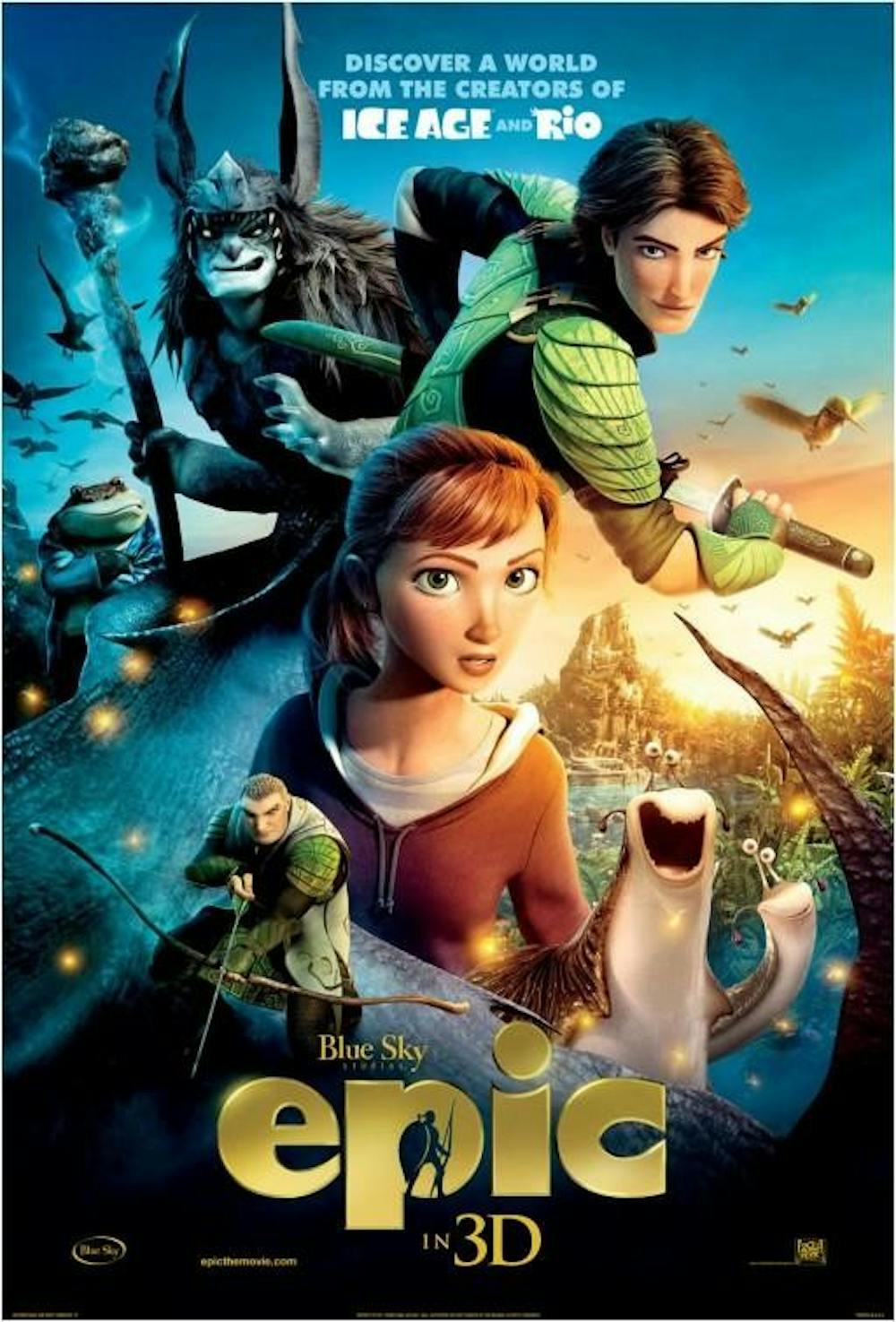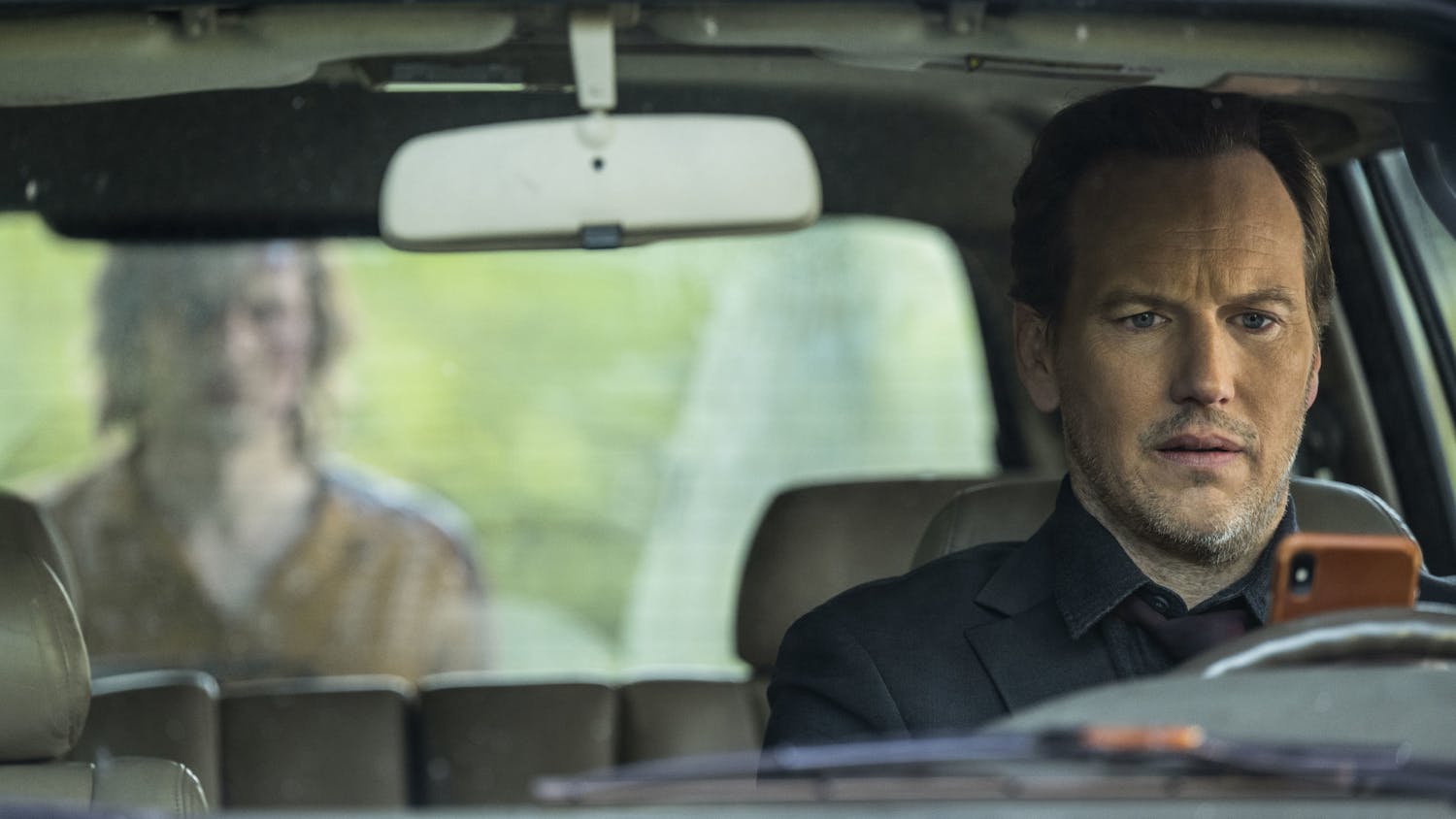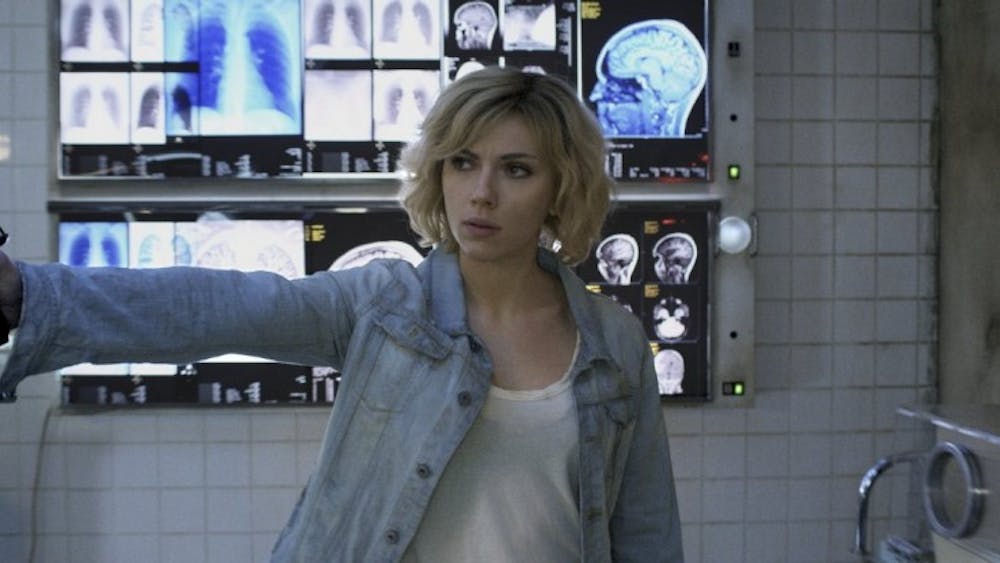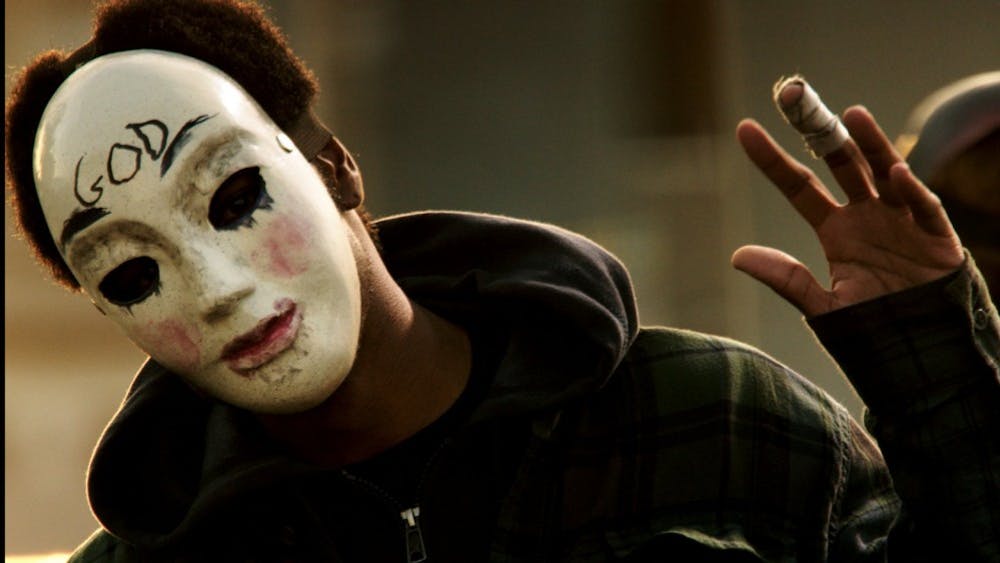Promising lots of bang and big names for your buck, Chris Wedge’s (“Ice Age”, “Robots”) new film “Epic” is the usual slapdash project of computer graphics, forced morals, big-name actors and Pixar-esque setting sans cleverness that will have kids squealing and parents yawning.
The picture follows a common family movie formula: parent-child conflict, usually about how one prioritizes his/her affairs, with a gentle resolution in which all sides are seen and empathized with. In this case, the daughter is teenager Mary Katherine (Amanda Seyfried), though she prefers the much more trendy M.K., a city girl and a bit of a rebel (she has three piercings in one ear and wears her hood up). Following the death of her mother, she comes to live with her estranged father in the middle of the wilderness.
Convinced that an army of leaf men is monitoring the wellbeing of the forest, her father becomes too preoccupied with his studies to pay much attention to his family and doesn’t recognize his daughter’s need for attention. After about an hour, M.K. gets fed up with his eccentricity and decides to leave, only to become transformed into a mite-sized specimen of herself through a bizarre ritual involving the queen of the forest community (Beyoncé Knowles). The queen gives her a pod that, when it blooms, will transform into the new guardian of the forest, and a destination to take it before she dies.
The journey of self-discovery that follows is something we’ve all seen and grown tired of long ago. Enlisting the help of Ronin, the Irish-accented and no-nonsense leader of the forest army (Colin Farrell) and his flirtatious young protégé Nod (Josh Hutcherson), M.K. begins a quest to defend the forest from a host of baddies, led by a particularly ghoulish one named Mandrake (Christoph Waltz) who aims to turn all of nature into a wasteland, for reasons that are never explained. Bad guys will do bad things, we are led to believe, regardless of visible motive.
What bugs me about the film however, isn’t its predictability or its constant moralizing, but its maxim that nature is not, contrary to the laws of nature, self-sustaining. Wedge’s film gives us a nature that is in a constant state of unease and dependability. Mother Nature isn’t a life force so much as it is a country (America, to be specific) that requires constant, violent policing in order to survive. What’s more, dividing nature into such a grim binary of good versus bad teaches children the wrong lesson in accepting, or not accepting, unchangeable natural order.
Last week I watched, for perhaps the tenth time, Hayao Miyazaki’s immortal classic, “My Neighbor Totoro,” a truly epic feat in the realm of children’s film. In “Totoro”, Miyazaki’s nature isn’t antagonized like Wedge’s. The outdoors are treated as a place of constant exploration and wonder, separated from the problems of the outside world by a firm green door. Life, as strange and wonderful and complex as only life could be, goes on without our interference and the results speak for themselves. Wedge’s film reiterates a simplicity of nature that was never really true, and though I may be going a step too far in saying the film promotes a dangerous message, it certainly promotes a delusional one. If you must see it, take away only the wonderfully active animation, but let its themes, as dead as crushed leaves, dissolve through your fingers.
Epic

Get stories like this in your inbox
Subscribe





